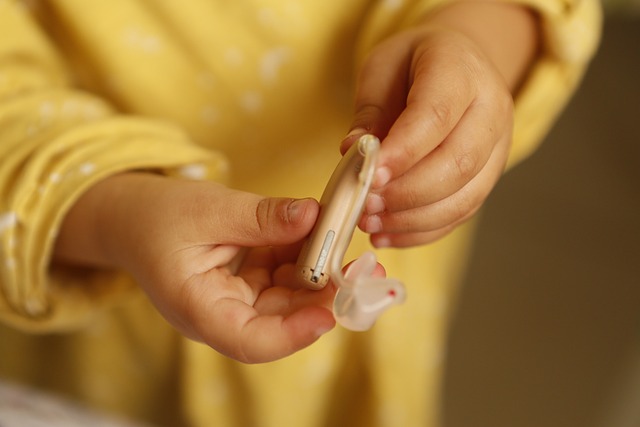Introduction
Giving back to those in need is an integral part of the Islamic faith. One of the ways to fulfill this duty is through Zakat, which is a mandatory charitable contribution that all able Muslims are required to give. However, many people struggle with understanding how to calculate Zakat and where to donate their charitable gifts. This is where Islamic Aid comes in, a charity organization that aims to alleviate poverty and provide humanitarian aid to vulnerable communities around the world. In this article, we will guide you through the process of Zakat calculation and show you how Islamic Aid can help you make a meaningful impact with your charitable gifts.
What is Zakat?
Zakat, which means “purification” in Arabic, is the third pillar of Islam. It is an obligatory charitable contribution that is considered a form of worship and a means of purifying one’s wealth. The Prophet Muhammad (PBUH) said, “The upper hand is better than the lower hand (i.e., the giving hand is better than the receiving hand).” (Sahih Bukhari) This means that giving charity not only benefits those in need but also brings spiritual benefits to the giver.
Zakat is calculated based on a person’s wealth and is typically 2.5% of their annual savings. It is mandatory for all able Muslims who meet the nisab (minimum threshold) to pay Zakat. The nisab is equal to the value of 87.48 grams of gold or 612.36 grams of silver. If a person’s wealth exceeds this amount, they are required to pay Zakat on their excess savings.
How to Calculate Zakat
Calculating Zakat can seem daunting, but it is a simple process once you understand the basic principles. Here is a step-by-step guide to help you calculate your Zakat:
- Step 1: Determine your nisab – As mentioned earlier, the nisab is the minimum threshold that a person’s wealth must meet for Zakat to be mandatory. You can use the current market value of gold or silver to calculate your nisab.
- Step 2: Determine your Zakat-eligible assets – Zakat is only required on certain types of assets, such as cash, gold, silver, business profits, and investments. Personal items such as your house, car, and furniture are not included in the calculation.
- Step 3: Calculate your Zakat-eligible assets – Add up the total value of your Zakat-eligible assets. If you have any outstanding debts, you can deduct them from this amount.
- Step 4: Calculate your Zakat amount – Take 2.5% of your total Zakat-eligible assets. This is the amount of Zakat that you are required to pay.
It is important to note that Zakat is not only a financial obligation but also a spiritual one. Therefore, it is recommended to give more than the mandatory amount if you are able to do so.
Giving Gifts to Charities
Once you have calculated your Zakat, the next step is to give it to those in need. This is where Islamic Aid comes in. With over 20 years of experience, Islamic Aid has been providing humanitarian aid and development programs to vulnerable communities in over 20 countries around the world. Here are some of the programs and services that Islamic Aid offers:
- Emergency Relief – Islamic Aid provides immediate and life-saving assistance to communities affected by disasters such as floods, earthquakes, and conflicts. They also offer support to refugees and internally displaced persons.
- Water and Sanitation – Islamic Aid works to provide clean water and sanitation facilities to communities in need. This not only improves the health and well-being of the community but also helps them become self-sufficient.
- Education – Islamic Aid believes that education is the key to breaking the cycle of poverty. They provide access to quality education for children and adults, including vocational training and literacy programs.
- Livelihoods – Islamic Aid helps communities become self-sufficient by providing them with the tools and resources they need to create sustainable livelihoods. This includes providing microfinance loans, livestock, and training in agriculture and other income-generating activities.
- Orphan Support – Islamic Aid supports orphans and vulnerable children by providing them with education, healthcare, and basic necessities. They also offer counseling and emotional support to help these children cope with their loss.
By donating your Zakat to Islamic Aid, you can be sure that your charitable gifts are being used effectively to make a lasting impact on the lives of those in need.
Conclusion
Zakat is not just a financial obligation, but also a spiritual one. By giving charity, we not only help those in need but also purify our wealth and gain blessings from Allah (SWT). With the help of organizations like Islamic Aid, we can ensure that our Zakat is used effectively to make a positive impact on the lives of vulnerable communities around the world. So this Ramadan, let’s unlock the power of giving and fulfill our duty of Zakat with Islamic Aid.














